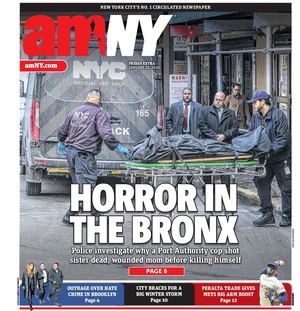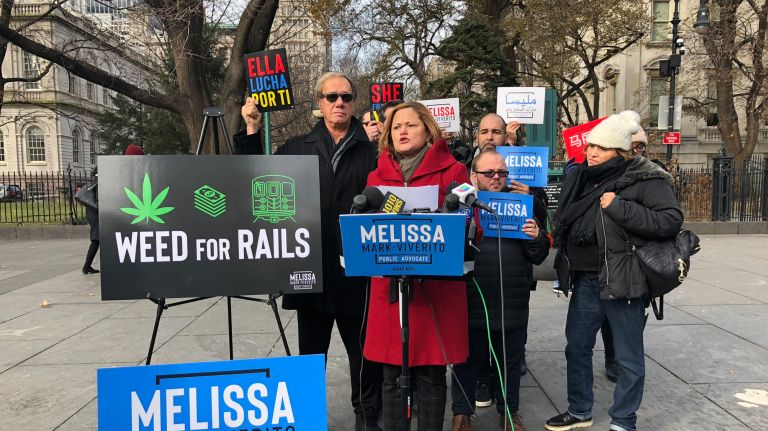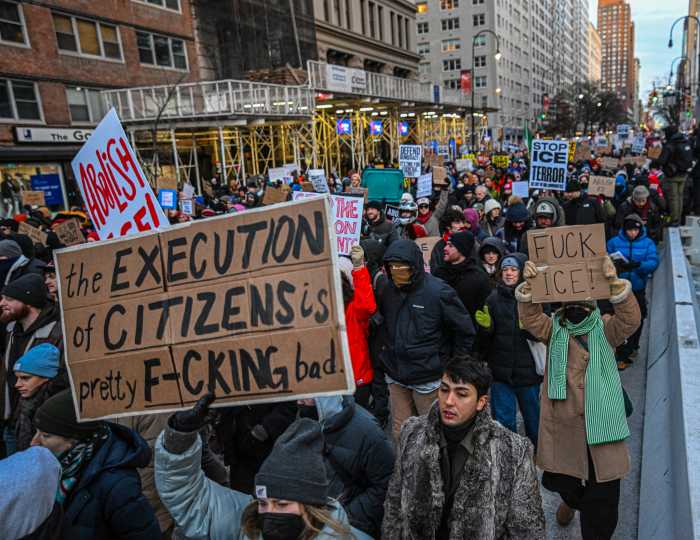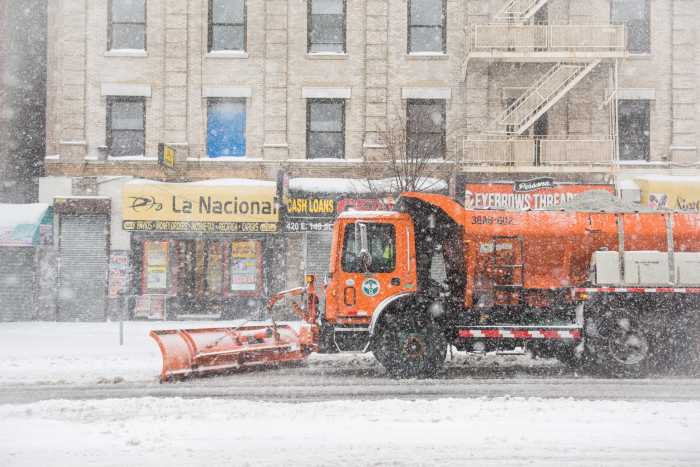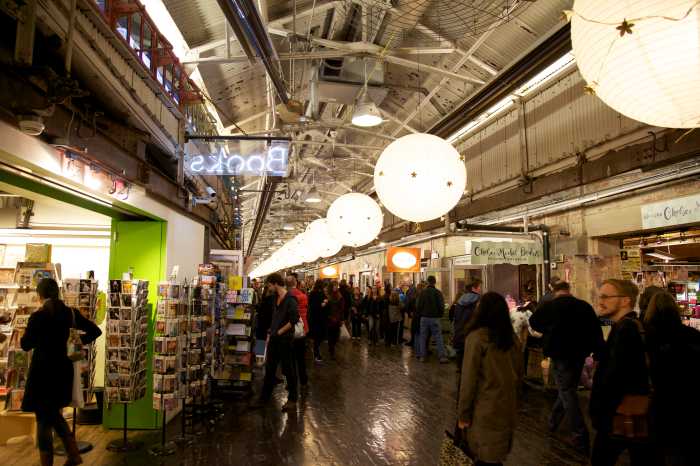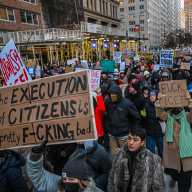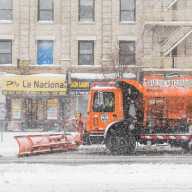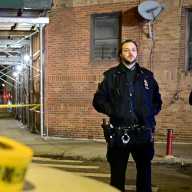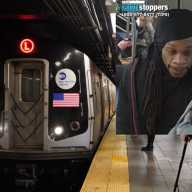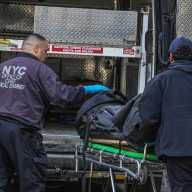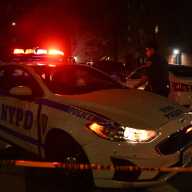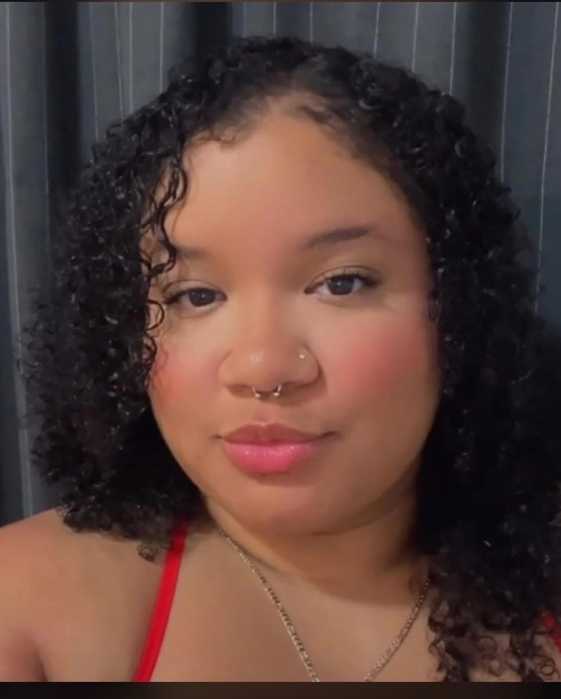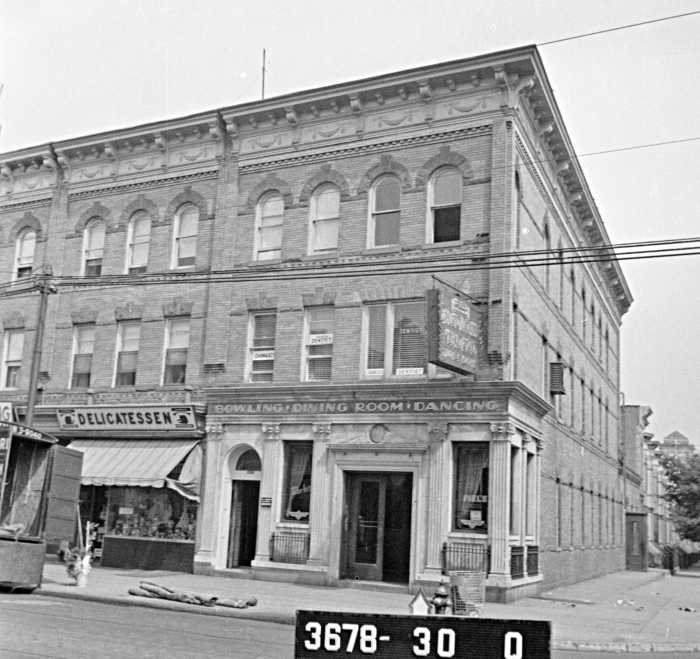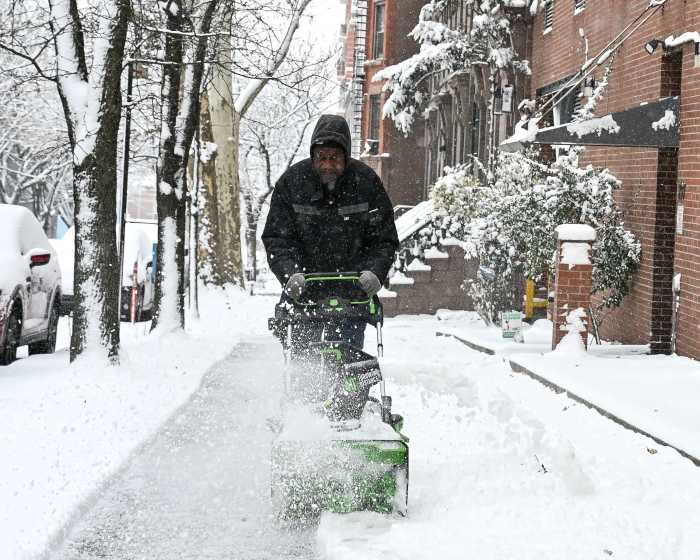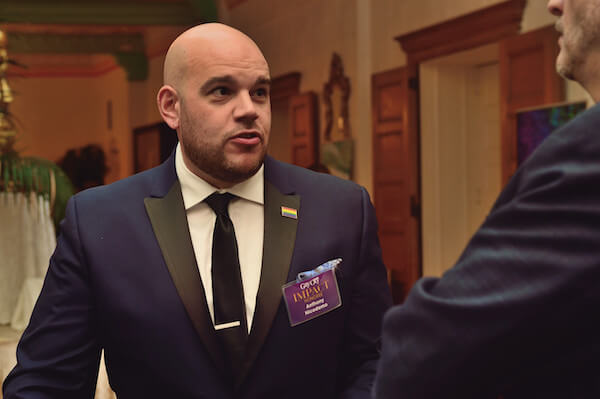
Some of the city’s politicians have already earmarked potential tax revenue from the legalization of marijuana in New York State — but they don’t agree on how it should be spent.
Melissa Mark-Viverito, a former City Council speaker and current candidate for public advocate, stood outside the City Hall subway station on Thursday to push her "Weed for Rails" plan to spend such tax proceeds on fixing the subways.
A rival for the citywide position, Councilman Rafael Espinal, issued a statement on Thursday calling Mark-Viverito’s plan "tone deaf," saying the money should instead "be used to specifically support black and brown communities that have been most historically affected by marijuana enforcement laws." And Comptroller Scott Stringer called for a portion of the tax revenue generated by legalization to go to areas with the highest proportion of marijuana-related arrests and issues such as high unemployment.
"I’m making this a priority," Mark-Viverito said. "And I think that we, those of us who want to really prioritize this crisis that we have in our transportation infrastructure — I’m not hearing a lot of recommendations, I’m not hearing a lot of innovative thinking, I’m not hearing of any ideas that are on the table. Nobody’s taking the leadership here. And the train system is literally falling apart around us… I think that this is an area where we could see quick results if the political will is there."
NYU Wagner’s Rudin Center for Transportation Policy & Management released a report last month that predicted marijuana tax revenue to be $110.3 million to $428.1 million per year, based on a retail tax rate between 7 and 15 percent. On Wednesday, the Rudin Center endorsed potential tax revenue be used to support mass transit.
Gov. Andrew Cuomo, who had previously called marijuana "a gateway drug," commissioned a health department study that determined the benefits of legal marijuana outweighed the risks. A series of sessions have also been held to garner public feedback on legalization, with the goal of drafting a bill in 2019.
Despite marijuana possession being largely decriminalized in New York City, broad legalization would have to be accomplished on the state level.
Mark-Viverito said her plan calls for at least half the money generated to go toward fixing the subway, with the remainder going toward "setting up opportunities for these communities, and what that is, we have to define it."
Espinal said Mark-Viverito’s plan was "misguided" and the money should be invested in the communities that were targeted by marijuana enforcement.
"These are the black and brown communities like the one I grew up in and represent who have for so long been targeted, arrested, criminalized and harmed because of minor drug infractions," he said in a statement. "This is the perfect opportunity to right a historic wrong."
